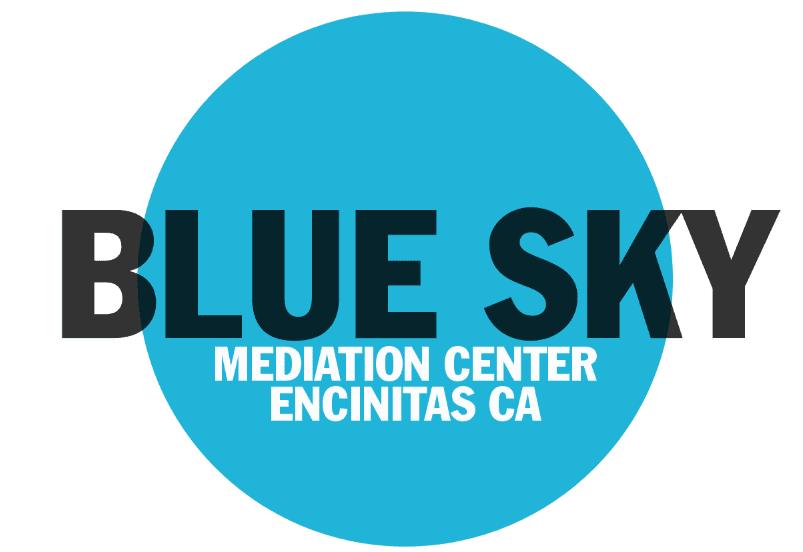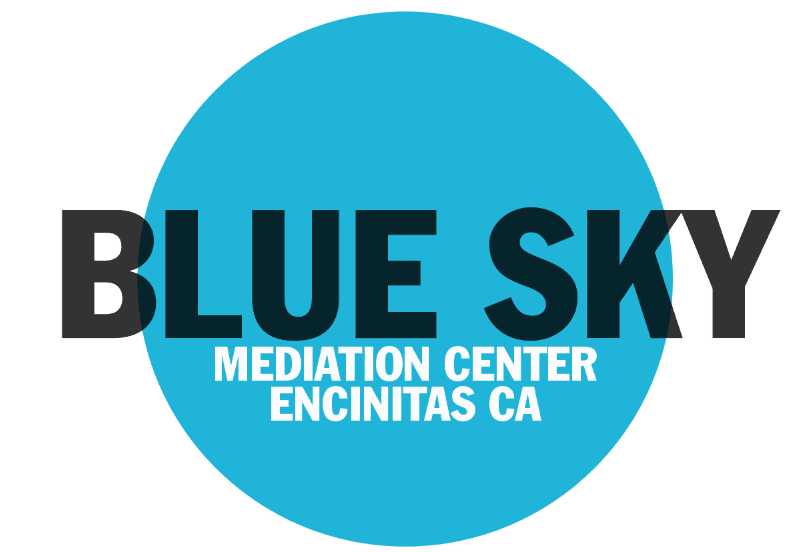Best Mediators & Arbitrators in United States
We feature highly qualified mediators and arbitrators recognized for their expertise in conflict resolution and alternative dispute resolution (ADR) in United States. Each professional is selected based on their credentials, impartiality, and ability to facilitate fair outcomes.
A Healthy Divorce
3rd Avenue, San Diego, California- Mediators
- Divorce & Family Law
San Diego Divorce Mediator, Chula Vista Divorce Mediator. We are a Family Law firm specializing in Divorce and Divorce Mediation. Our office is commit More Detail

Manjushri Mediation
Macondray Lane, San Francisco, California- Mediation Services
Mediation Services In Macondray Lane,California More Detail
Off The Record Mediation Services LLC
El Camino Real, San Jose, California- Child Custody Mediation
- Divorce Mediation
- Prenuptial and Postnuptial Agreements
- See More
Expert California Divorce Attorney & Mediator offering virtual mediation and collaborative law solutions. Smooth, confidential, and fair divorce solut More Detail

Balakhane Mediation
Century Park East, Los Angeles, California- Mediators
- Family and estates law
- Divorce law
- See More
Leyla Balakhane is an experienced Los Angeles divorce mediator, specializing in family law and parenting issues. More Detail
Families First Mediation, P.C.
Meridian Avenue, San Jose, California- Divorce & Family Law
- Family law
- Mediators
- See More
Divorce is stressful enough. Don't make the mistake of losing control of your case. You don't need to have a divorce attorney and can do far better wi More Detail

Kim Mediation & Law Center
Wilshire Boulevard, Los Angeles, California- Divorce
- Divorce Mediation
- Marital Settlement Agreement
- See More
Divorce doesn't have to mean going to court. By choosing the path of mediation or collaborative divorce, you'll be empowered to make your own informed More Detail

Blue Sky Mediation Center
Palmetto Street, Los Angeles, California- Mediation
- Real Estate Mediation
- Litigation Risk And Exposure Evaluation
- See More
Blue Sky Mediation Center brings highly qualified legal mediation services to downtown Encinitas, a setting where clients are able to relax and find s More Detail
The Law & Mediation Office of Jenna Williams, Inc.
Century Park East, Los Angeles, California- Family law
- Mediators
- Family and estates law
- See More
Call today for a consultation. Jenna is a family law attorney and mediator specializing in all aspects of divorce, child custody, and child/spousal su More Detail

Blue Sky Mediation Center
J Street, San Diego, California- Probate Mediators Services
- Mediators
- Workers Compensation Mediation
Blue Sky Mediation Center brings highly qualified legal mediation services to downtown Encinitas, a setting where clients are able to relax and find s More Detail

Conscious Divorce
Fifth Avenue, San Diego, California- Divorce Mediation
- Mediators
- Divorce Paperwork
Stay out-of-court! Save time, money and the emotional stress of fighting. Settle your divorce through private mediation with Conscious Divorce. FLAT-F More Detail
Frequently Asked Questions
The key difference between mediation and arbitration lies in how disputes are resolved.
- Mediation is a voluntary and non-binding process where a neutral mediator helps both parties negotiate a mutually acceptable solution. The mediator does not make decisions but facilitates discussions to help reach an agreement.
- Arbitration is more formal and legally binding. An arbitrator acts like a private judge, reviews evidence from both sides, and makes a decision, which is usually final and enforceable by law.
Mediation works best when both parties want to maintain a positive relationship, while arbitration is often used when a firm decision is needed but without the costs of a courtroom trial.
A mediator is a neutral third party who helps individuals or businesses resolve disputes through open communication and negotiation. Their role includes:
- Facilitating discussions between both parties to help them express their concerns.
- Identifying areas of agreement and compromise.
- Helping parties explore creative solutions that meet their interests.
- Ensuring the conversation remains productive and respectful.
Mediators do not make decisions; instead, they guide both sides toward a mutually acceptable settlement. Mediation is commonly used in divorce cases, workplace conflicts, business disputes, and landlord-tenant issues.
An arbitrator listens to both sides of a dispute and makes a final decision, similar to a judge. Their role includes:
- Reviewing evidence, witness statements, and legal arguments.
- Ensuring both parties have an opportunity to present their case.
- Making a binding ruling based on laws, contract terms, or industry standards.
Unlike mediation, where parties control the outcome, arbitration results in a decision that both parties must follow. Arbitration is commonly used in business disputes, labor conflicts, consumer complaints, and contract disagreements.
Mediation is preferable when both parties are willing to communicate and find a solution together. It works best for:
- Workplace disputes, where maintaining a working relationship is important.
- Family law matters, such as child custody or divorce settlements.
- Business disagreements, where a long-term partnership is at stake.
Arbitration is the better choice when:
- A binding legal decision is necessary.
- One party is not willing to negotiate.
- A contract requires arbitration instead of litigation.
If you want control over the outcome, choose mediation. If you need a final decision, opt for arbitration.
Yes, arbitration is typically legally binding and enforceable in court. Once the arbitrator makes a decision, both parties must comply, unless the arbitration agreement allows for an appeal. Binding arbitration is commonly used in:
- Business contracts that include arbitration clauses.
- Employment agreements, where disputes are settled outside court.
- Consumer agreements, where companies require customers to resolve disputes through arbitration instead of lawsuits.
However, non-binding arbitration also exists, where the decision serves as a recommendation rather than a final ruling.
Mediation and arbitration can be used for a variety of legal conflicts, including:
- Business disputes – Contract breaches, partnership disagreements, and supplier conflicts.
- Employment conflicts – Wrongful termination, discrimination, and wage disputes.
- Real estate issues – Landlord-tenant disagreements, property sales disputes, and construction delays.
- Family law matters – Divorce settlements, child custody arrangements, and financial agreements.
- Personal injury claims – Compensation negotiations for injuries without going to court.
Both methods save time and costs compared to a traditional lawsuit.
- Mediation is generally quick and can take anywhere from a few hours to several sessions over a few weeks, depending on the complexity of the case.
- Arbitration can take weeks to months, as it involves reviewing evidence, legal arguments, and issuing a final decision.
Compared to court litigation, which can last years, both mediation and arbitration are much faster and cost-effective.
Costs vary based on the mediator or arbitrator’s experience, the complexity of the case, and the length of the process:
- Mediation is generally cheaper and can cost $200 to $500 per session, with both parties usually splitting the cost.
- Arbitration is more expensive, with fees ranging from $1,000 to $10,000 or more, depending on the case's complexity.
Despite the costs, both mediation and arbitration are more affordable than court litigation, which involves higher legal fees and prolonged disputes.
Mediation is usually voluntary, meaning both parties must agree to participate. However, in some cases:
- A judge may order mediation before allowing a lawsuit to proceed.
- Some divorce and child custody cases require mediation to encourage agreements outside of court.
Arbitration, on the other hand, can be mandatory if a contract includes an arbitration clause, which means both parties must resolve disputes through arbitration instead of litigation. These clauses are common in:
- Employment contracts
- Business agreements
- Consumer service agreements (e.g., cell phone providers, credit card companies)
Always read contracts carefully to see if arbitration is required before signing.
Finding a qualified mediator or arbitrator can be difficult, but VouchSpot makes the process easier by carefully selecting professionals based on:
- Experience and expertise – We list only mediators and arbitrators with proven legal backgrounds.
- Client feedback – Real reviews help you choose the right professional for your needs.
- Industry specialization – Whether it’s a business dispute, family conflict, or workplace issue, we match you with a qualified expert.
- Convenience – Instead of searching through multiple websites, VouchSpot provides a pre-vetted list of professionals in one place.
With VouchSpot, you can find the best mediators and arbitrators to resolve your dispute quickly, fairly, and affordably without the stress of litigation.
Other Legal
Explore related services and find the perfect professional for your needs
This website uses cookies to enhance your browsing experience. By continuing to use this website, you consent to our use of cookies.